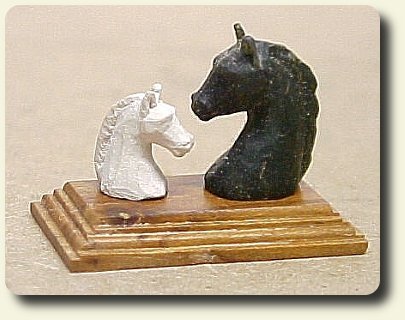
September 2010, Issue 8
Animals and Bears
Page 46


This means that it's raining very heavily, but where did this idiom originate?
Well, it seems that centuries ago people used to attribute magical powers to animals.
Sailors believed that cats were somehow connected to rainstorms, and in Norse mythology, dogs and wolves were symbols of the wind. I still attribute magical powers to my own dog. How else do those big, brown eyes induce me to give her some treats?
The meaning? Don't be ungracious when accepting gifts. This stems from the custom of checking the approximate age of a horse. You can tell how old they are by the condition and size of their teeth.
 When getting a horse as a gift, or even at a reduced price, it was deemed impolite to "look in the horse's mouth" to distinguish the value of the horse. This would be the modern day equivalent of looking for a price tag on a gift we might receive.
When getting a horse as a gift, or even at a reduced price, it was deemed impolite to "look in the horse's mouth" to distinguish the value of the horse. This would be the modern day equivalent of looking for a price tag on a gift we might receive.
There's no need to check the mouth of this magnificent sculpt by CDHM Artisan Linda Master. Strong lines carved in stone tell you that her horses are the standard for equine excellence.
This idiom means to either slow down or to wait a little. In the 19th century if a driver let his horses go too fast he'd have to hold back on the reins. This would pull the horses to a stop. In harness horse racing, some new drivers would start their horses too soon and the starter would have to say, "Hold your horses."
Custom Dolls, Houses & Miniatures / CDHM







